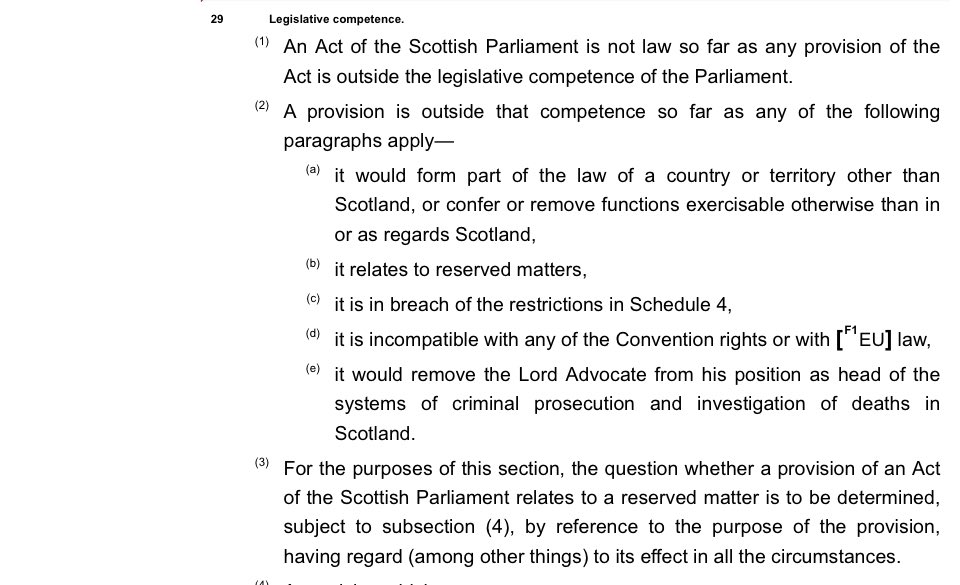
Good piece. My own suggestion would be that immigration should be removed from the security-focused Home Office and put into a new Department of Employment, along with training, employment law, and other labour force issues.
https://twitter.com/dsmitheconomics/status/1392162123703271430
Having immigration run by a Department focused on attracting skills and talent rather than on keeping as many people out as possible would be a major improvement.
Like the @instituteforgov, which has also suggested getting immigration out of the Home Office, I’m generally sceptical of machinery of government changes.
But like them, I think this would be the right change here, given the need for profound cultural change in our immigration control system.
• • •
Missing some Tweet in this thread? You can try to
force a refresh









